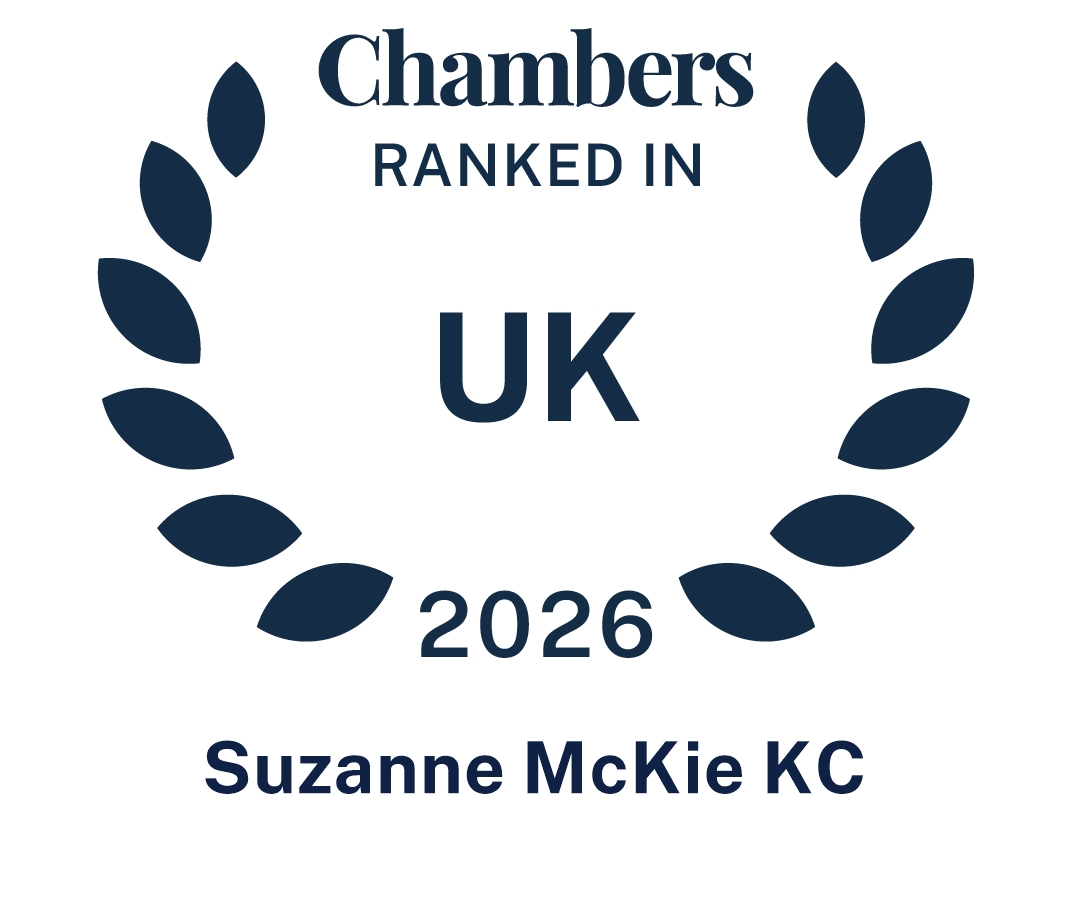15 October 2019
|Media
Sexual Harassment
Women’s Rights
Sexual Misconduct / Harassment
Suzanne McKie KC quoted by The Guardian: “#MeToo and the justice system”
Suzanne McKie QC has been quoted by The Guardian in an article titled ‘#MeToo and the justice system: complaints up, but convictions down’ which reports the “chaotic” response by police and prosecutors to the sharp rise in complaints of rape and sexual assault made over the past two years.
An example stated in the article is the number of rapes reported to police in England and Wales, which surged by almost 13,000 to 54,045 in 2017/18, compared with 41,186 the previous year. Kate Ellis, a solicitor at the Centre for Women’s Justice, is convinced #MeToo has had a direct effect on this. “However, it has been accompanied by a pushback – people saying: ‘How do we know these are true?’ or that we shouldn’t blindly believe everyone who makes a report.” Kate adds that Britain’s libel laws made it more difficult for allegations and suspicions to be aired without the risk of being sued.
Suzanne McKie QC confirms that the impact had sometimes been counterproductive. “A number of male managers in corporate organisations have said to me they are not recruiting attractive women any more … That’s their way of dealing with it. There was always going to be a backlash – as there was to feminism.”
Suzanne, who has represented men in employment cases involving allegations of sexual harassment, has also heard comments about “women complaining too readily” or “It’s gone a bit too far, hasn’t it?” She adds that a greater willingness to believe that male managers are capable of misconduct at work may not always translate into better justice: “Some companies may be compensating for what they failed to do in the past.”
Suzanne has handled two recent cases where male executives were sacked “on grounds that might not previously have led to them being dismissed”, and states that men tend to settle in sexual harassment employment disputes because they do not want to be identified: “The difficulty in these cases is the reputational consequences.”
“There’s an awful lot out there,” Suzanne confirms. “Firms tend not to investigate. They say it’s a police matter. But employers should still be doing investigations.”
Source: The Guardian









